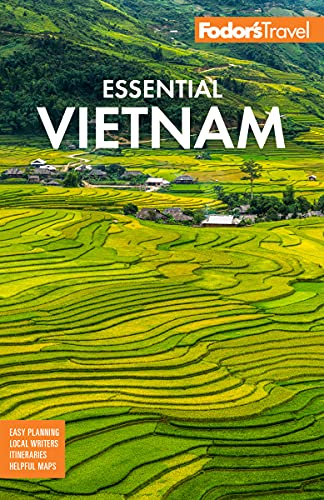Vietnam Made Easy
Vaccines
All travelers should have routine vaccines up-to-date (these include MMR, diphtheria-tetanus-pertussis). Hepatitis A and typhoid can be contracted through contaminated food and water, so it's a good idea to get vaccinated for both; you shouldn't let this stop you from eating street food, but stick to bottled water. Hepatitis A vaccine is given in two doses six months apart. If you don’t have time to get both doses, the Immunization Action Coalition says it’s still well worth it to get just the first dose. The typhoid vaccine is 50%–80% effective and can be taken orally. The risk of malaria is low, but if you're planning to spend extensive time in rural areas and sleeping outdoors without a mosquito net, you should consult your doctor about taking malaria medication. Be vigilant with good quality bug spray to prevent bites. It's also a good idea to make sure your rabies vaccinations are up-to-date. Zika is a risk in Vietnam.
Safety
Violent crime against tourists is extremely rare. Women traveling alone in Vietnam are unlikely to face any harassment. Most common is petty crime—pickpocketing, bag snatching, and scamming. A common scam is cab drivers telling new arrivals that the hotel they’ve booked is closed. They’ll then drive to a hotel that will pay them commission. Insist on being taken to the hotel you’ve booked and make sure the meter is on. Beyond scams, the major safety hazard is Vietnam’s chaotic traffic. Many intersections have no traffic lights; even if they do, the flow of traffic won’t stop even though the light has changed. The safest way to cross the street is to latch on to locals; follow them closely and you’ll get across safely.
Cultural sensitivities
Just as in other Asian countries, the concept of “face” is very important. You can give face, lose face, and help others save face. As face can be a tricky concept for foreigners, the safest way to give it is to compliment someone’s family or their business acumen. When meeting people, you can shake hands as is done in the West, but locals may do so with both hands, and bow slightly as a sign of respect—especially if you’re meeting someone elderly. When doing business it is polite to exchange business cards; do so with both hands. At religious sites, cover your shoulders and knees.




